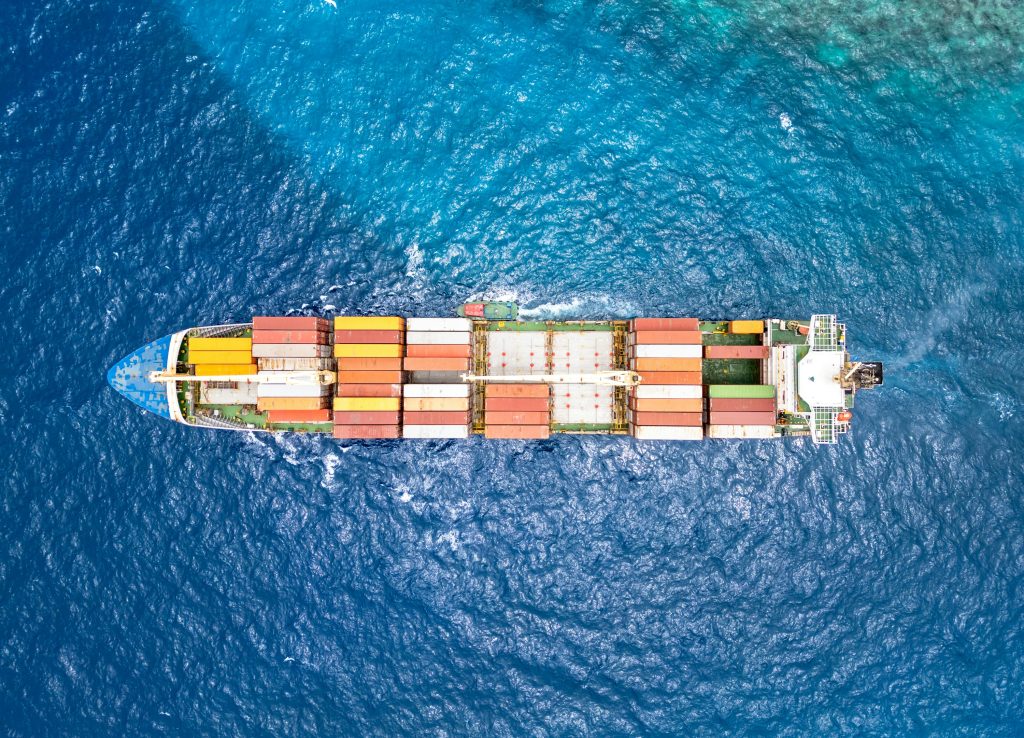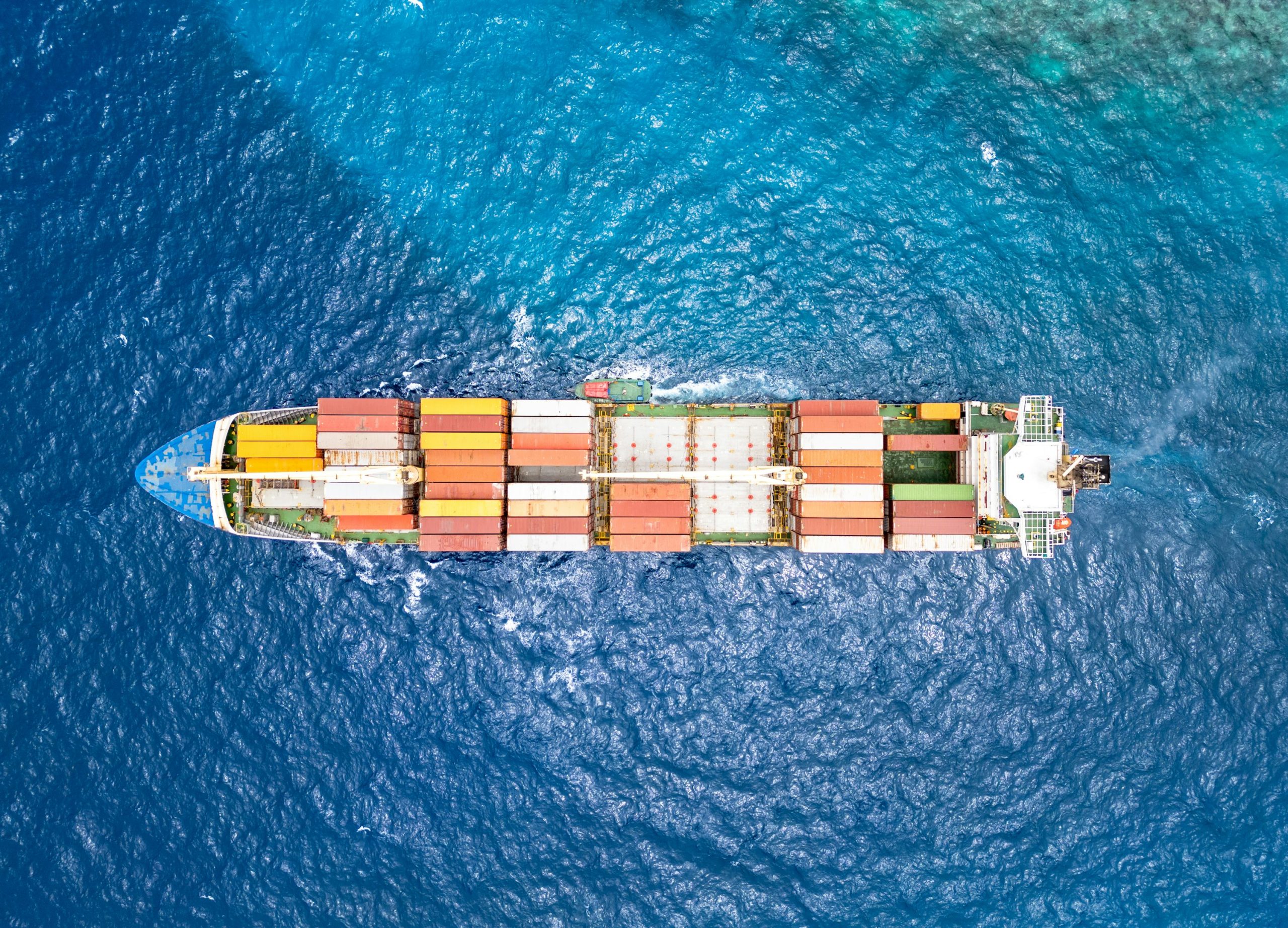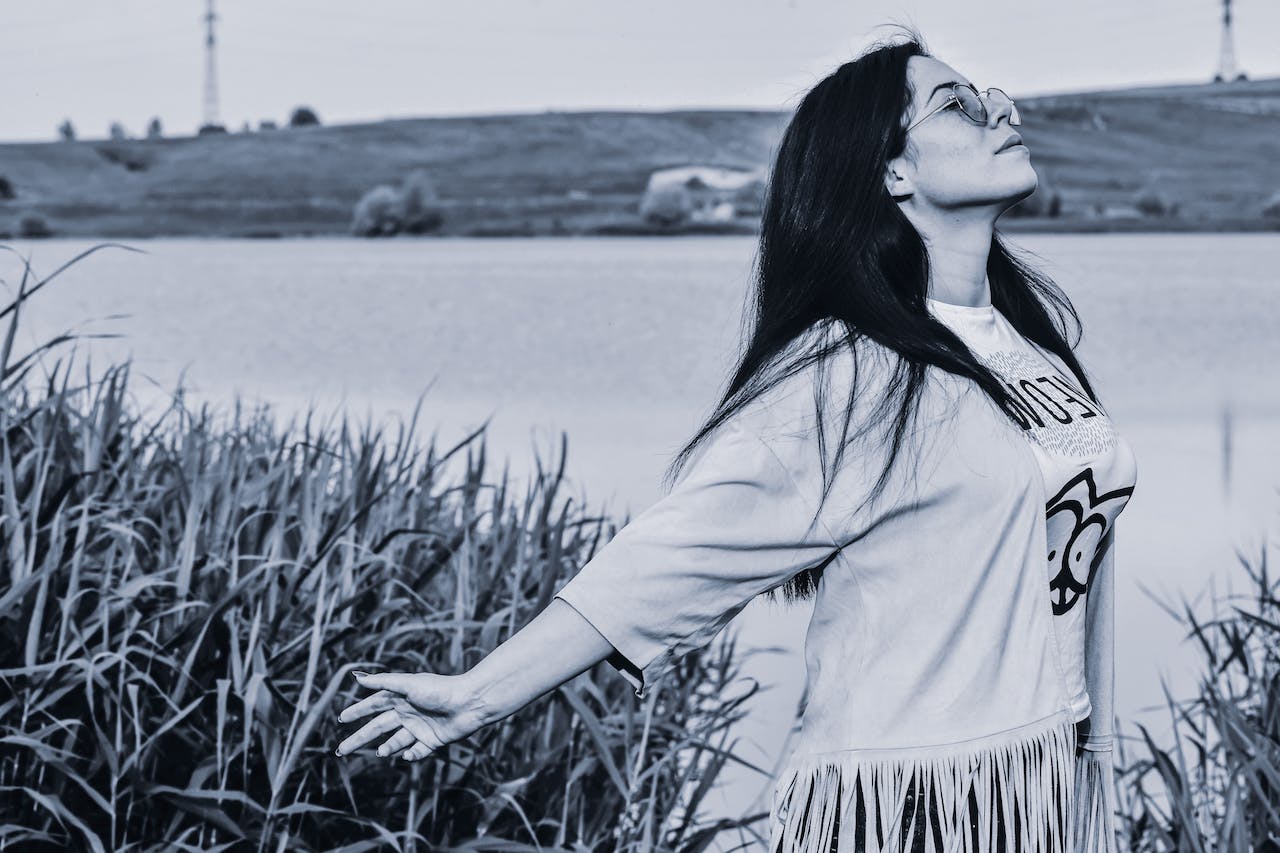In a bid to reshape global trade dynamics, EU Trade Commissioner Peter Mandelson will unveil plans this week to forge new trade agreements with Asia’s economic powerhouses. On December 6, 2006, Mandelson will request approval from the Council to negotiate free-trade agreements (FTAs) with India, South Korea, and the ten-member ASEAN bloc.

Unlike previous trade deals driven by development goals or geopolitical considerations, these agreements will prioritize business competitiveness. This shift aligns with the EU’s fresh trade strategy, “Global Europe: Competing in the World,” introduced in October. The strategy focuses on securing better market access and enhancing Europe’s competitive edge—a move that has drawn criticism from trade unions, environmental advocates, and human rights organizations for sidelining development and sustainability concerns.
The revamped approach marks a pivot from the EU’s multilateral trade focus under the World Trade Organization’s (WTO) Doha Development Round, which has been stalled since mid-2006. While the EU officially remains committed to concluding the Doha Round, it is diversifying its trade tactics to keep pace with the United States, which leads in signing FTAs with high-potential markets.
The proposed agreements aim to cover comprehensive trade topics beyond traditional WTO frameworks, including investment rules, competition policy, and public procurement—the so-called Singapore Issues that were dropped from the Doha agenda in 2003. If approved by EU foreign ministers on December 11, negotiations could commence by mid-2007.
For Africa’s trade and economic stakeholders, these developments signal the need to rethink partnerships and strategies. With Europe pivoting towards Asia, Africa must assess how evolving global trade patterns might influence its own trade relations and leverage opportunities to boost regional integration and intra-African trade. Mandelson’s proposals highlight a competitive global landscape where trade strategies increasingly prioritize economic self-interest over traditional development concerns.
The road ahead calls for innovative, Africa-centric trade policies that harness the continent’s strengths in a rapidly changing world.



